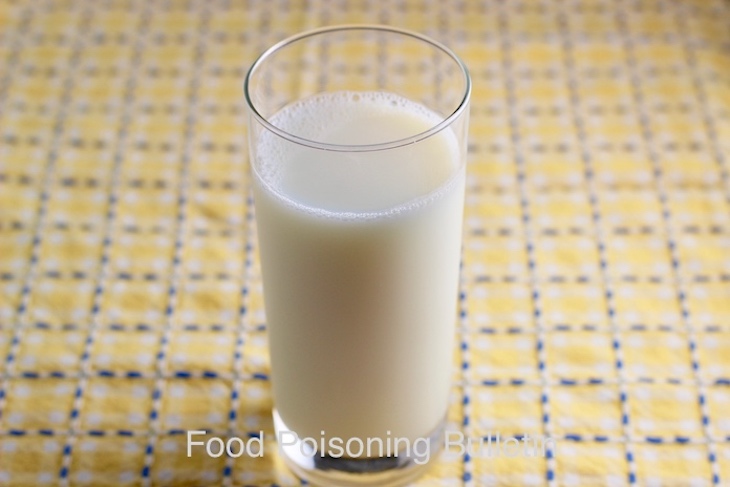Minnesota Raw Milk Salmonella Outbreak Sickens Five Children - Food Poisoning Bulletin
A Minnesota raw milk Salmonella outbreak has sickened five children in the Twin Cities Metro area, according to the Minnesota Department of Health. The pathogen sickening the children is Salmonella Typhimurium. One child was infected with two types of pathogenic E. coli in addition to the Salmonella.

The families of two of the children have confirmed that they drank unpasteurized milk. Officials could not get information from the remaining families, but the bacteria from the cases is identical through lab analysis, which indicates the infections came from the same source.
The patient age range is from 3 months to 10 years. The children got sick between the end of June and early July 2023. One child was hospitalized.
Raw milk is milk that has not been heated to kill harmful pathogens from fecal contamination. The milk can be contaminated with Salmonella, E. coli, Campylobacter, and Cryptosporidium.
Maria Bye, senior epidemiologist in the Zoonotic Diseases Unit at the Minnesota Department of Health said in a statement, "Even healthy animals can carry these germs and have them in their milk. Consuming pasteurized milk is risky, no matter how clean the operation from which it is purchased."
The Minnesota Department of health is working to identify the source of the milk that is causing these illnesses. Hopefully they will be able to prevent more illnesses.
Anyone sickened with a Salmonella infection typically starts feeling ill within 12 to 72 hours. Symptoms include headache, chills, fever, nausea, vomiting, stomach pain, abdominal cramps, and diarrhea that can be bloody. The illness can last up to a week. Those who are most at risk from serious complications from this infection are children under the age of five, adults over 65, pregnant women, people with chronic health conditions, and those with compromised immune systems.
Symptoms of an E. coli infection usually start about four to seven days after infection. Patients experience a mild fever, severe and painful abdominal cramps, and diarrhea that is bloody and watery. While the outbreak announcement did not say whether the child who was sickened with pathogenic E. coli developed complications, in young children, a complication called hemolytic uremic syndrome (HUS) can occur if the E. coli bacteria produce Shiga toxins. HUS is a type of kidney failure, and symptoms include little urine output, easy bruising, lethargy, and pale skin.
The health department is asking that anyone who got sick after consuming raw milk at the end of June or beginning of July to fill out a confidential online survey or email [email protected]

If you have been sickened with a food poisoning infection, please contact our experienced attorneys for help with a possible lawsuit at 1-888-377-8900 or text us at 612-261-0856. Our firm represents clients in lawsuits against grocery stores, restaurants, and food processors.
Comments
Post a Comment